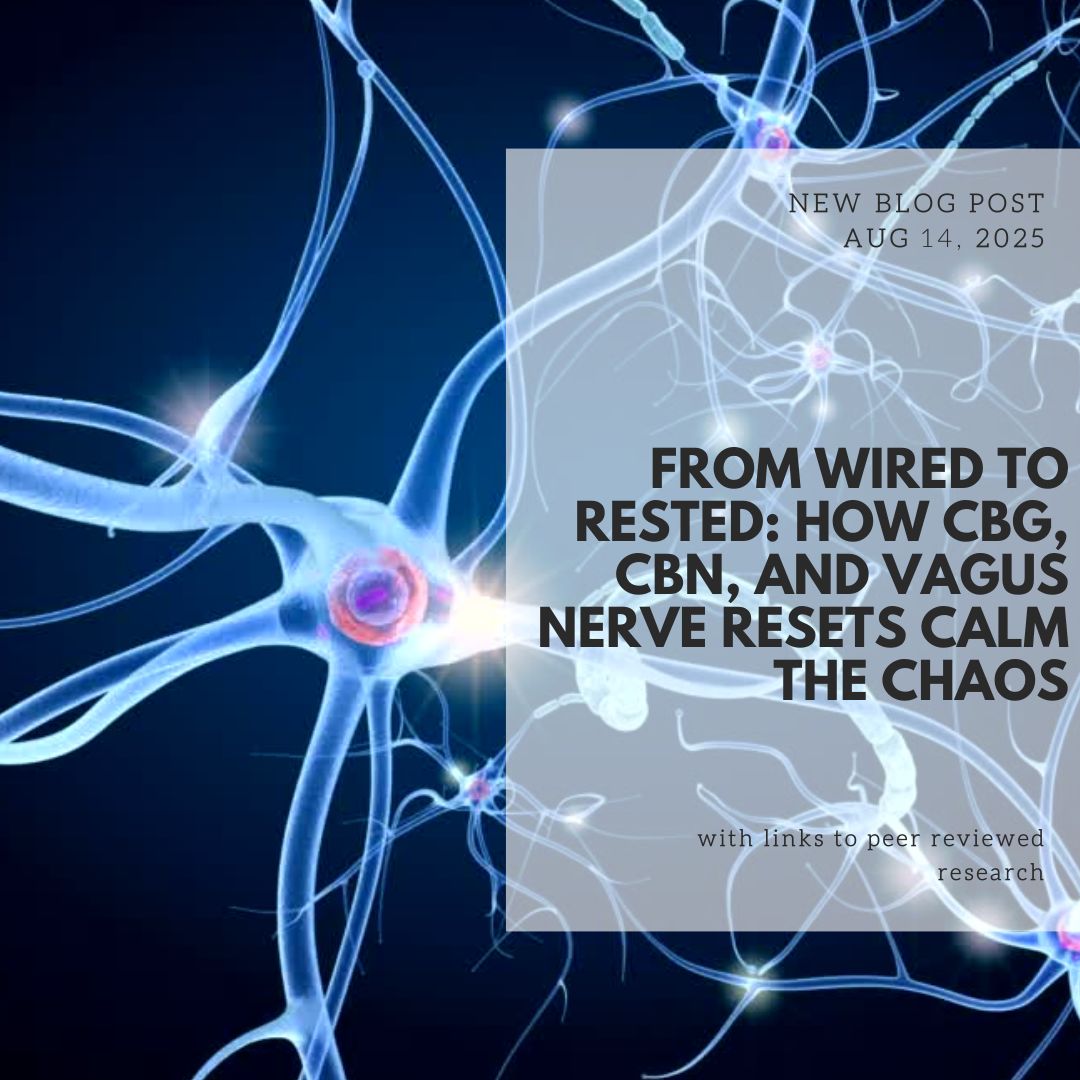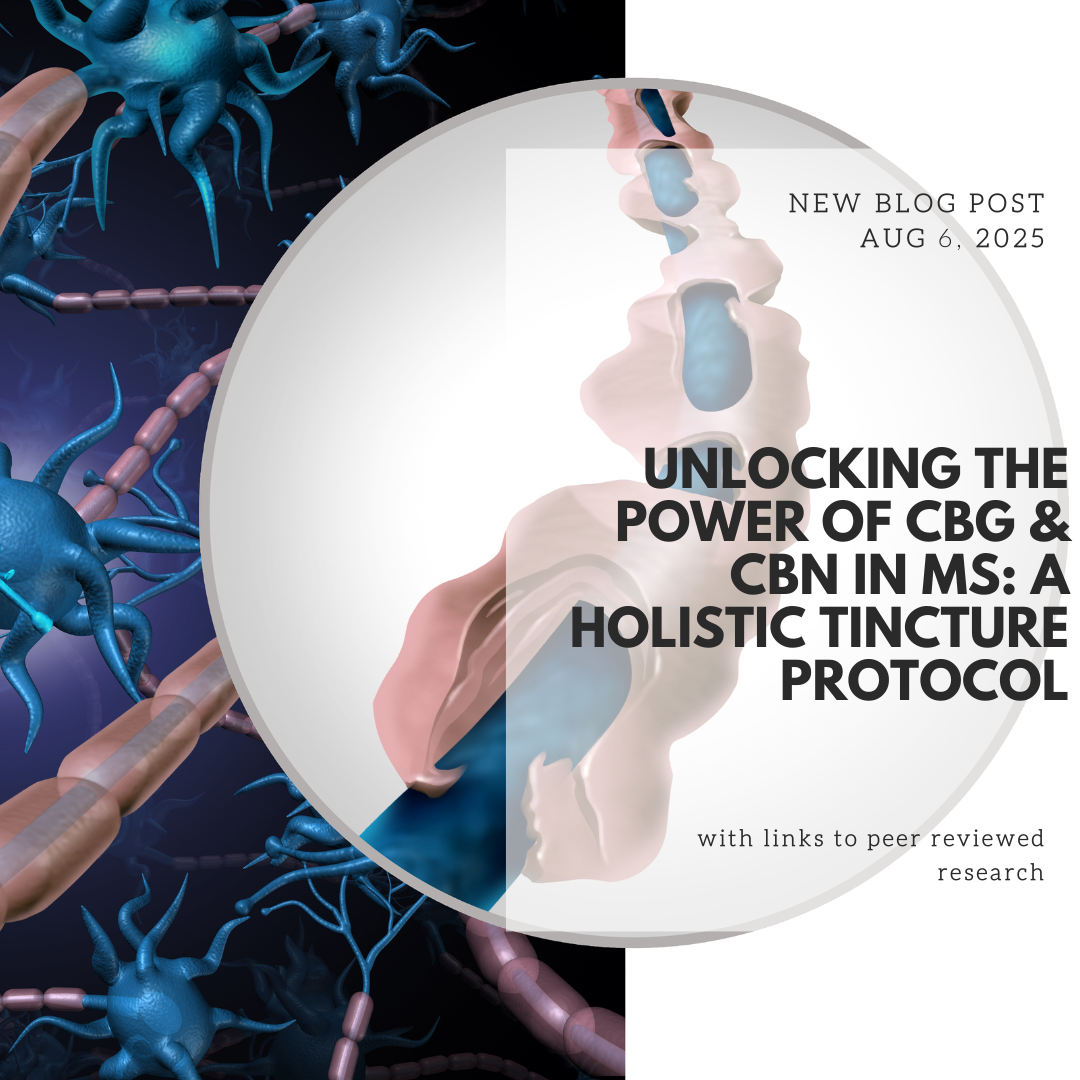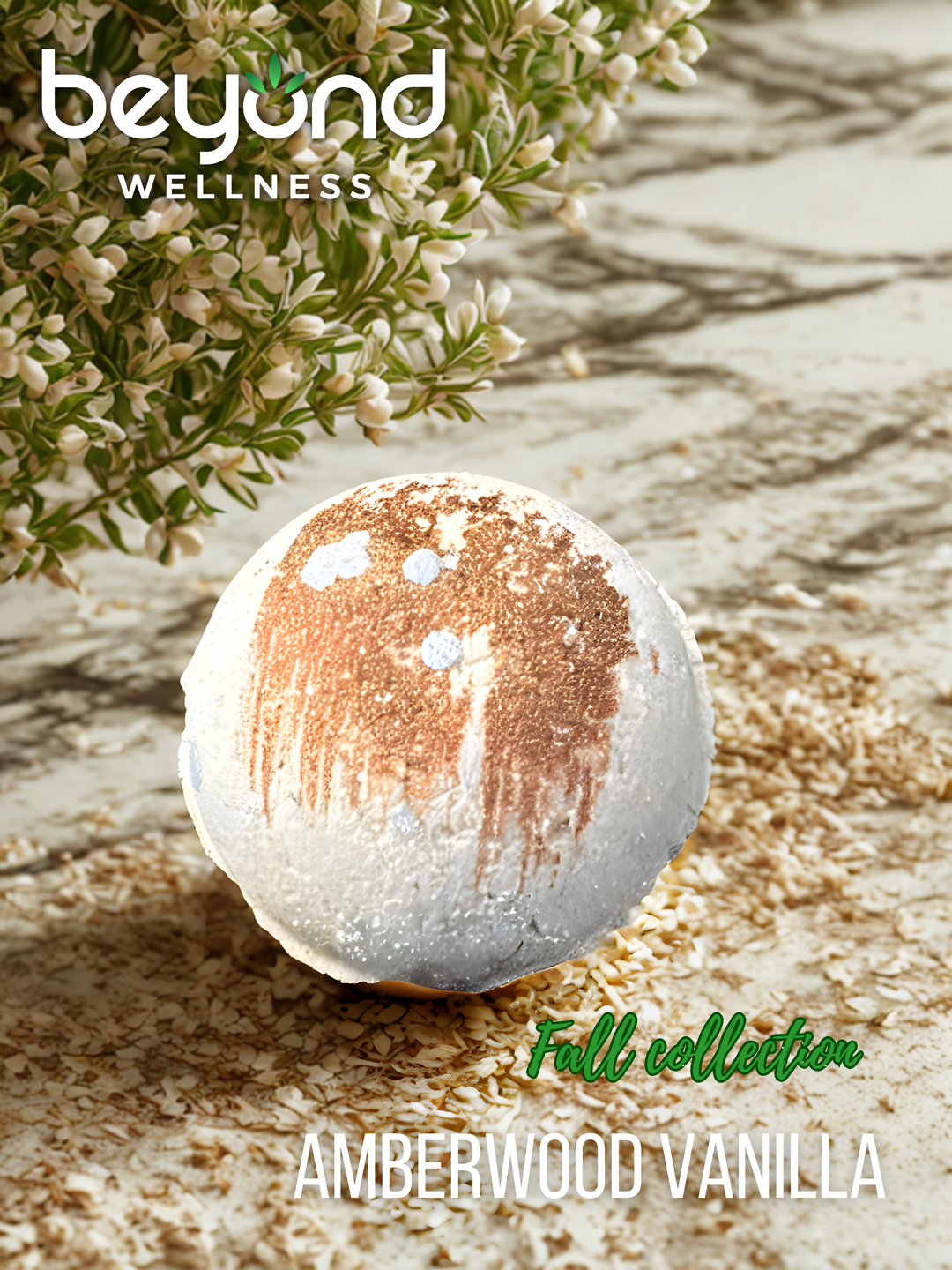The Dream Team: CBG + CBN for Better Sleep

The Dream Team: CBG + CBN for Better Sleep
Alright, fellow wellness seekers, buckle up for a journey through the cannabinoid kingdom, where two mighty compounds—CBG (cannabigerol) and CBN (cannabinol)—are teaming up to potentially revolutionize your sleep. If you’ve been scratching your head wondering how to get those deep, restorative Zzz's without the fog of morning grogginess, this might be the dynamic duo you’ve been waiting for.
You know the drill: You try everything to get some quality sleep. Warm baths, essential oils, meditation apps, all the herbal teas, but still—no bueno. Then, maybe you’ve dabbled in CBD and THC, and while they’ve worked wonders for some, you’re looking for something with a bit more...umph. Enter the world of CBG and CBN, where high doses of these cannabinoids can take your sleep routine from “meh” to “I woke up like this” in no time.
The Sleep Struggle: A Quick Rundown
Before we dive deep into the science and the fun part of cannabinoids, let’s take a second to acknowledge why sleep is so critical. The CDC tells us that 1 in 3 adults aren’t getting enough shut-eye. That’s right, folks. It’s not just you, it’s a full-on epidemic! And poor sleep can wreck havoc on everything—immune system, brain function, mood, even metabolism.
But lucky for us, nature has provided us with a toolbox in the form of cannabinoids that might be able to help restore that balance. And when it comes to a powerful sleep aid, CBG and CBN are seriously stepping up their game.
CBG: The "Mother of All Cannabinoids"
Let’s start with CBG, or cannabigerol—the cannabinoid that’s a little like the “OG” of the cannabis family. You may have heard it described as the “stem cell” of cannabinoids, because it’s the precursor from which other cannabinoids (including THC and CBD) are derived. Talk about being a team player.
But don’t be fooled into thinking CBG is just a supporting act! CBG has shown some seriously impressive effects on various receptors throughout the body, and recent research suggests it has a profound impact on sleep. In fact, CBG interacts with the endocannabinoid system (ECS), particularly with CB1 and CB2 receptors, which are responsible for regulating a wide range of bodily functions, including mood, stress levels, and yes—sleep.
Key Research:
- A 2017 study published in Frontiers in Pharmacology highlighted CBG’s potential as a sleep aid, especially in its ability to promote relaxation. It activates CB1 receptors, which help balance the sleep-wake cycle. In layman’s terms, it can make you feel more calm and serene, paving the way for better sleep.
- Further research from 2020 published in the Journal of Clinical Psychopharmacology suggested that CBG could work synergistically with other cannabinoids to enhance its relaxing effects. High doses of CBG may also reduce inflammation and promote muscle relaxation—two things that can aid in falling asleep faster and staying asleep longer.
CBN: The Nighttime Hero
Now, let’s bring CBN, or cannabinol, into the mix. Unlike CBG, CBN is a product of THC degradation, and its sedative qualities have earned it quite a reputation. You know how THC can be a bit of a sleep seductress? Well, CBN is like THC’s older, wiser, more effective cousin when it comes to sleep.
CBN binds more selectively to CB1 receptors in the brain, which are directly tied to feelings of relaxation and drowsiness. As a result, high doses of CBN have shown to induce a strong sedative effect—ideal for those who struggle with insomnia or frequently wake up throughout the night.
Key Research:
- In a study published in The Journal of Clinical Investigation (2021), researchers found that CBN had strong sedative effects at higher doses. It was noted that CBN could extend the duration of deep sleep while reducing the time spent in lighter sleep stages.
- Another study from Cannabis and Cannabinoid Research (2018) suggests that CBN may improve sleep duration and quality by interacting with CB1 receptors. It essentially tells your body, "Hey, it's time to rest up!" and can help you achieve deeper, more restful sleep.
When CBG and CBN Join Forces
Individually, CBG and CBN have their own unique benefits, but when combined? Oh, baby. This powerful pairing can help with both the initiation and maintenance of sleep. The key here is that CBG promotes relaxation and calmness, while CBN helps induce the sleep phase and keep you there. Together, they work synergistically to regulate the circadian rhythm (our body’s internal clock) and ensure your brain and body go into full-on recovery mode.
Receptors at Play:
- CB1 Receptors: Both CBG and CBN interact with these receptors, primarily located in the brain and central nervous system. These receptors play a significant role in mood regulation, anxiety, and sleep. CBG helps to calm the mind, while CBN encourages that blissful state of sleep.
- CB2 Receptors: Though primarily linked to immune response, CB2 receptors also play a role in pain modulation and inflammation. By reducing muscle tension and calming the body, this receptor activation can indirectly improve the quality of your sleep.
So, high doses of both CBG and CBN work in tandem to hit both the mind and body with a one-two punch of relaxation and sleep quality improvement.
High Doses, Low Worries
You might be wondering, “How much do I need for this powerhouse effect?” Well, the beauty of cannabinoids is that they often require higher doses to produce significant effects (especially if you’re seeking something stronger than the average CBD experience).
For CBG, dosages between 25-75mg are common for those seeking its calming effects. For CBN, the sweet spot is usually between 10-30mg for its sedative qualities. These dosages are considered safe, and people have experienced minimal side effects in studies—so don’t be afraid to experiment a bit with the higher end.
Of course, everyone’s body is different, and you should always listen to your own body. But with this duo, you’re likely to experience improvements without the dreaded "hangover effect" that some sleep medications or even other cannabinoids may cause.
Wrapping It Up: Sweet Dreams Are Made of These
If you’re ready to take the plunge and enhance your sleep with the dynamic duo of CBG and CBN, you’re not alone in this quest. Science is backing this powerful combination, and anecdotal reports are already flooding in. These cannabinoids can help you get that deep, restorative sleep your body craves, with none of the grogginess that follows.
In conclusion, adding CBG to CBN for sleep is more than just a trend—it’s a deeply effective strategy to improve both the quality and quantity of your sleep. By leveraging their synergistic effects on your ECS and receptors, this combination can make the difference between lying awake at 3 a.m. and drifting off into dreamland.
So, why wait? It’s time to put your sleep problems to bed (pun intended) and let CBG and CBN work their magic. Sweet dreams await!
References:
- Ziemianski, M., et al. (2020). "Cannabinoid CBG: Pharmacological properties and therapeutic potential in the treatment of pain, anxiety, and sleep disorders." Journal of Clinical Psychopharmacology.
- Russo, E. B., et al. (2017). "Cannabinoids in the management of sleep disorders: From preclinical studies to clinical practice." Frontiers in Pharmacology.
- Gertsch, J., et al. (2018). "Cannabinoids for insomnia treatment: Focus on CBN and CBG." Cannabis and Cannabinoid Research.
- Garcia-Gutierrez, M. S., et al. (2021). "Cannabinoid CBN and its effects on sleep quality in humans." The Journal of Clinical Investigation.












Leave a comment